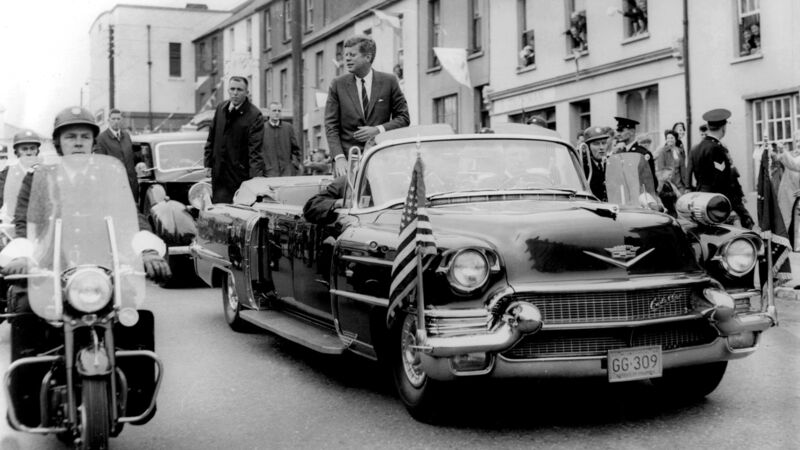'Examiner' at 180: 1960-1969 - A decade defined by political upheaval and cultural change

John F Kennedy dominated the news pages in 1963, with his June visit bringing tens of thousands of people onto the streets of Ireland
By the 1960s, the Cold War was in full swing, with the two superpowers - the United States and the Soviet Union - battling it out to show superiority, largely through the so-called “space race”.
Yuri Gagarian’s flight into orbit pushed the Soviet’s ahead in the propaganda war, and it would take a further eight years and the first moonwalk for the United States to regain the upper hand.






